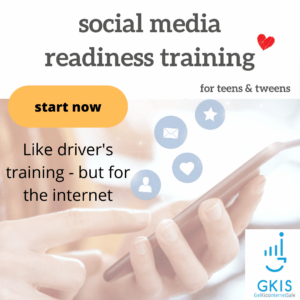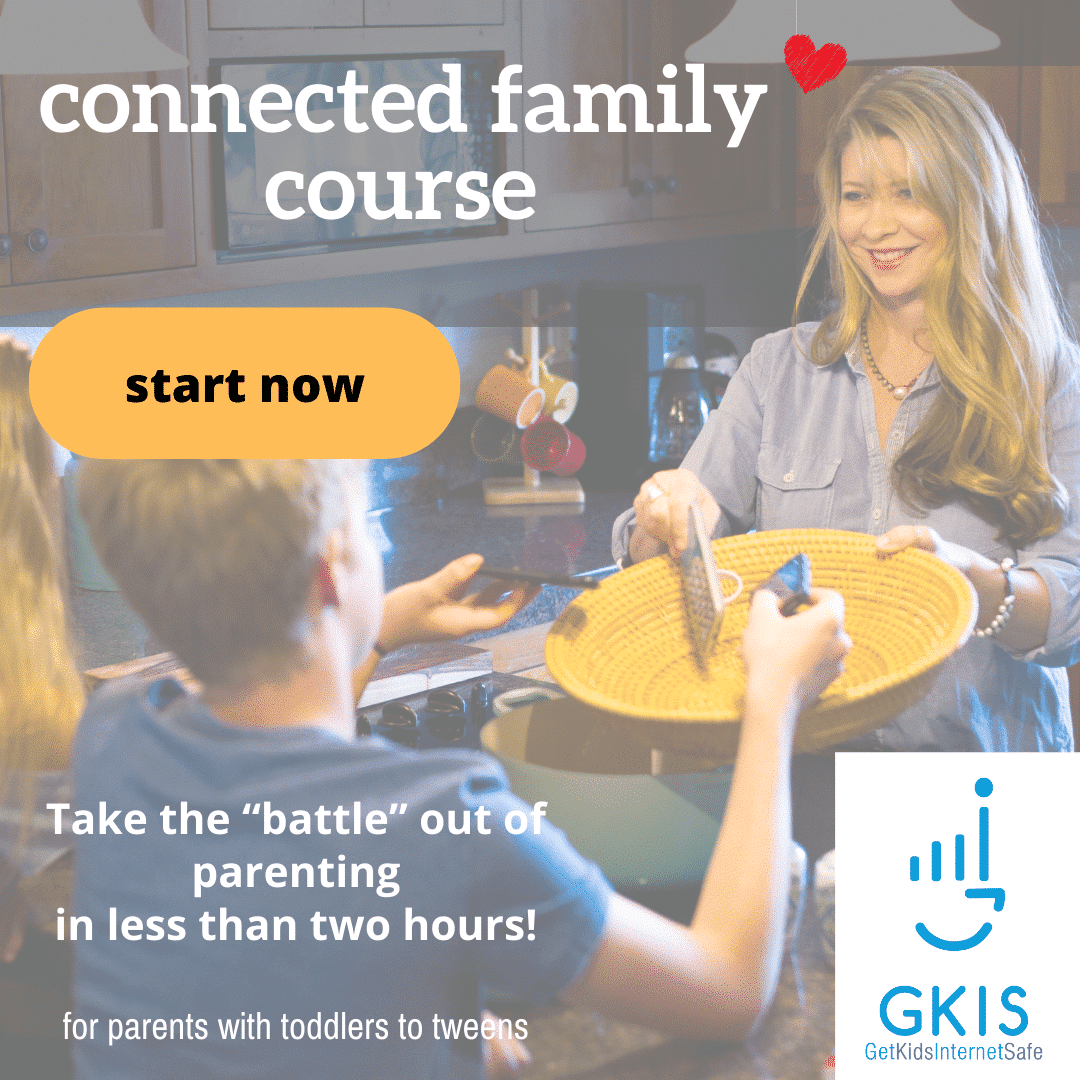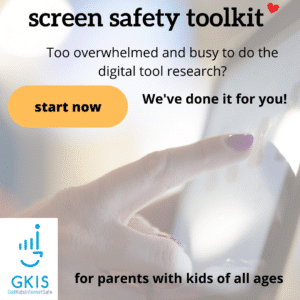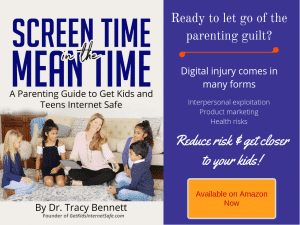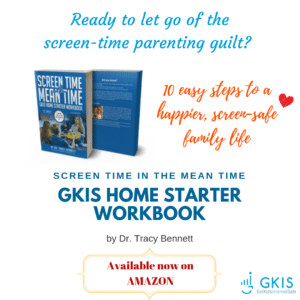It is no surprise that homeschooling has been on the rise in the last few years. What is surprising is the new concept – “unschooling.” In this article we are going to delve into the world of traditional homeschooling and the newer model, “unschooling.” Is your kid ready for unschooling? Is the world ready for unschooling? Whether your child is at home or in school they are going to be active participants in social media and the world of screens. Dr. Bennett’s Social Media Readiness Training for Teens and Tweens will reduce your child’s risk of digital injury and take the stress of navigating the social media world off you.
Why homeschool?
We are an individualistic culture in the United States. We prioritize having the freedom of choice. We promote the idea that we are all unique individuals with our own creatively cultivated paths in life. It has been argued that the public school system does not do enough to support individuality and freedom of choice. Instead, public schools tend to set one curriculum for each grade. For many years, the majority of families accepted that same-age children must follow the same curriculum from grade school to high school.
But within the past half-century, many parents have chosen a more flexible curriculum by choosing to homeschool.[1] The U.S. Census Bureau reported that when schools shut down due to the COVID19 pandemic in 2020, 5% of US families homeschooled their children. Currently, that figure has risen to 11%.[2]
The Original Homeschool Format
While education laws differ by state, the general concept of homeschooling refers to an individualized education program where a teacher comes to the child’s home or the parent teaches their child with materials provided by the local public or private school.[3] This can be particularly beneficial for children that have emotional or physical disabilities or if you’d just prefer to be the one to teach your child. With homeschooling, the child still benefits from a set curriculum and resources.
What is unschooling?
Although there are some overlaps, unschooling is not the same as homeschooling. Unschooling does not follow a set curriculum, instead, it welcomes the child’s freedom of choice. Parents that choose the unschooling route allow their children to choose what they learn and when. Since there is no set curriculum and each child is taught differently.
The concept of unschooling started in the 1960s. It is not entirely new but not as common as homeschooling.[4] Unschooling aims to help children desire to learn by allowing them to choose what to learn about. Concepts are not forced onto the children and there are more hands-on opportunities for learning. It is believed that by allowing children to indulge in their own interests, you are allowing them to find their own path in life. A lot of people follow the path of their parents or what they are told to do and ultimately end up unhappy in their chosen career path. Unschooling is a great way to help a child find their special niche.
Why deviate from the public and private school programs?
There are many reasons why a parent may choose to take their child out of school and turn to homeschooling or unschooling. Some parents choose to do this due to political disagreements, religious reasons, wanting to be closer to their children, or to cater to special needs.[5] Others want to integrate their family’s beliefs and values into the curriculum. Each reason is an individual as the participating families.
Pros to Homeschooling Your Child
- The family dynamic may grow stronger with more time together.
- Children are likely more protected from bullying.
- Parents get the liberty to decide aspects of the curriculum.
- Hands-on activities, like field trips, occur more frequently.
- Unique content may be integrated into the child’s day, ultimately triggering a unique skill or interest set.
Cons To Homeschooling Your Child
- There may be a lack of resources compared to larger schools.
- Parents and kids may have less personal time.
- There are more potential conflicts due to overworked parents in dual roles.
- Kids are likely to have fewer peer-to-peer interactions.
- There may be fewer opportunities for exposure to student and teacher diversity.
- Elements of a traditional curriculum may be bypassed and cause some challenges later for the child.
While there are many aspects of homeschooling and unschooling that are similar, unschooling also has its set of pros and cons that add to the homeschooling lists above.
Pros to Unschooling Your Child
- Children get more freedom to choose what they learn about.
- Kids have more opportunities for extracurricular activities.
- Parents can choose how to teach.
Cons to Unschooling Your Child
- Children are less likely to be learning the same things as their peers.
- If a child decides to continue with “regular” education when they are older, they may feel behind or fearful of the rules and regulations.
- A lack of structure can cause anxiety in parents and children.
Which is the better option?
Parents must consider not only the best program for their child but also what is best for them since they may be taking on the teacher role. Considerations include your skillset and available time for teaching and mentorship as well as your child’s goals, personality, and learning style and how much peer interaction they need.
We at GKIS celebrate freedom of choice, creativity, and the love of learning! To facilitate close family connection and effective communication, check out our weekly parenting/family coaching videos and other valuable resources from the GKIS Screen Safety Essentials Course.
If you liked this article about unschooling, you may also enjoy Family-Friendly Activity Ideas for inspiration on hands-on activities to do with your child.
 Thanks to CSUCI intern, Tara Meizel for researching the different types of homeschooling and co-authoring this article.
Thanks to CSUCI intern, Tara Meizel for researching the different types of homeschooling and co-authoring this article.
I’m the mom psychologist who will help you GetKidsInternetSafe.
Onward to More Awesome Parenting,
Tracy S. Bennett, Ph.D.
Mom, Clinical Psychologist, CSUCI Adjunct Faculty
GetKidsInternetSafe
Works Cited
[1] LINES, P. M. (2000). Homeschooling comes of age. Public Interest, 74. https://link.gale.com/apps/doc/A63856605/AONE?u=csuci&sid=bookmark-AONE&xid=a2cf9ae8 [2] Lambert, D. (2021, July 1). Pandemic drives sharp rise in California families opening their own home schools. EdSource. Retrieved October 27, 2021, from https://edsource.org/2021/pandemic-drives-sharp-rise-in-families-opening-their-own-homeschools/657233. [3] Schooling at Home. Schooling at Home – Private Schools and Schooling at Home (CA Dept of Education). (2020). Retrieved October 27, 2021, from https://www.cde.ca.gov/sp/ps/homeschool.asp. [4] School’s out forever. (2012). The Wilson Quarterly, 36(2), 64+. https://link.gale.com/apps/doc/A306514910/AONE?u=csuci&sid=bookmark-AONE&xid=5d9f9b5f [5] Preethi, V., & Lawrence, A. S. A. (2021). Homeschooling: A paradigm shift during COVID-19 crisis. Researchgate.net. Retrieved October 28, 2021, from https://www.researchgate.net/profile/Arul-Lawrence-A-S/publication/349477381_HOMESCHOOLING_A_PARADIGM_SHIFT_DURING_COVID-19_CRISIS/links/603239ac299bf1cc26de16be/HOMESCHOOLING-A-PARADIGM-SHIFT-DURING-COVID-19-CRISIS.pdf.Photo Credits
Photo by Luke Brugger https://unsplash.com/photos/QC7tbiujK04
Photo by Annie Spratt https://unsplash.com/photos/4E1JOFK55kc
Photo by NeONBRAND https://unsplash.com/photos/zFSo6bnZJTw
Photo by Sigmund https://unsplash.com/photos/TJxotQTUr8o







